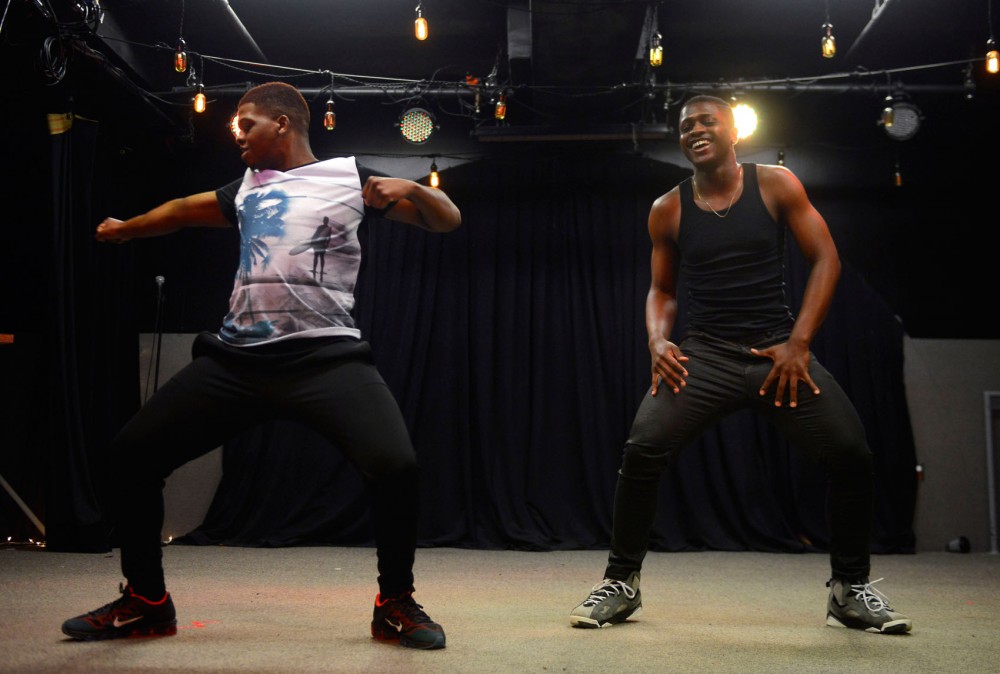As a queer Hmong woman, University of Minnesota graduate student Xay Yang said she has sometimes had difficulties navigating through life.
“Coming out and being an Asian person at the same time — those intersecting identities sometimes don’t really work well together,” said Yang, a social work masters student.
To create a space for queer people of color to gather and discuss their experiences, Yang helped organize last weekend’s Queer Indigenous and People of Color Conference on campus. Some say the conversations about the intersection of race, gender, class and sexuality that occurred over the weekend are critical to creating change both in and outside of the community.
Jason Jackson, assistant director for the University’s Gay, Lesbian, Bisexual, Transgender, Ally Programs Office, said he and Yang attended a queer people of color conference a few years ago on the West Coast, and they wanted to bring something similar back to the Midwest.
“We saw people of different races getting together, connecting and talking about race in an unapologetic way,” said Jackson, who co-chaired the conference alongside Yang.
Jackson said he wanted to create a safe space for discussions about gender, sexuality and race to happen because at times, those topics can seem taboo in today’s society.
Associate American studies professor Elliott Powell said the conference provided “much-needed discourse and conversation” on important topics like race, gender, class and sexuality.
Powell said policy decisions and discussion often focus too narrowly on topics like race and sexuality.
He said queer people of color are often left out of conversations surrounding these policies because race, gender and sexuality aren’t seen as related factors.
“We need to understand these things as very much embedded into one another,” Powell said.
Jackson said it’s critical to bring in factors like race and sexuality, in order to prevent discussions from becoming too polarizing.
“I can’t talk about women’s issues without talking about how trans women are affected by them, too,” he said.
Jackson said looking at issues from an intersectional standpoint makes disparities even more complex and critical to address. For example, white women are paid less than white males. But that wage gap is even bigger between men and women of color, he said.
Participants took part in a number of workshops and discussions that ranged from topics like gender identity to race. St. Paul resident Angela McDowell said conversations in the workshops made her feel like her experiences are normal and that she’s not alone.
“It makes you feel less alienated,” she said.
St. Paul resident and conference attendee Tai Burgos said she moved from Miami to the Twin Cities several years ago. She said she had difficulty finding a space where she could interact with people like herself.
“Queer people of color need a place to gather and tell their stories,” Burgos said.
Jackson and Yang started planning the conference last May, and Jackson said they hope it continues as an annual event. More than 200 people attended the conference over the course of the weekend.
Jackson said starting conversations about intersectionality and how it impacts identity and experiences can spur more understanding.
“I think intersectional conversations are the root of really big change,” he said.


